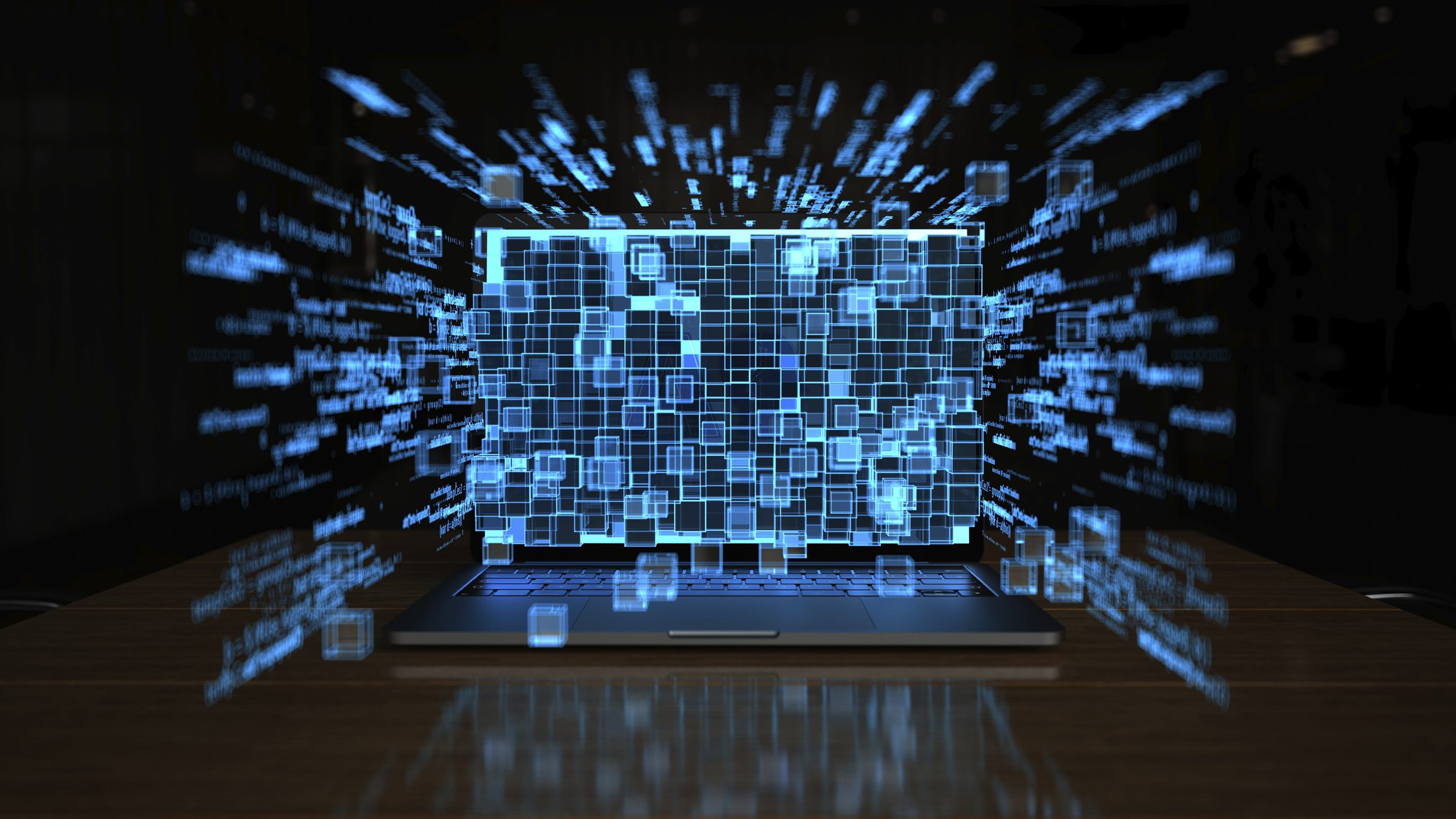AI PCs not yet understood well enough to deliver full benefits, study suggests
While AI PCs can drive productivity, user concerns and questions continue to act as a hurdle


AI PCs aren’t yet living up to their full potential for users owing to inadequate AI education, a new study from Intel has revealed.
Intel found that users who own an AI PC, devices containing dedicated AI hardware like a neural processing unit (NPU) spend longer on computer-based chores than those with regular desktop PCs or laptops.
These chores were identified by the firm as tasks such as coding or analyzing data, with the delays credited in part to the time users had to spend learning how best to communicate with AI tools.
Intel said this points to the persistent need for better AI skills, including training on AI implementation and usage.
Intel found that consumers who own an AI PC spend longer on computer-based chores, identified by the firm as tasks such as coding or analyzing data, than those with regular desktop PCs or laptops. This was in part due to time users had to spend learning how best to communicate with AI tools.
Intel said this points to the persistent need for better AI skills, including training on AI implementation and usage.
The report found that 86% of respondents had never heard of or used an AI PC, and negative conceptions of AI PCs were prevalent among those surveyed.
Get the ITPro daily newsletter
Sign up today and you will receive a free copy of our Future Focus 2025 report - the leading guidance on AI, cybersecurity and other IT challenges as per 700+ senior executives
Many users also spend a long time working out how best to communicate with AI tools to get the best response or the desired answer, the report added.
The survey found that 86% of respondents had never heard of or used an AI PC, and negative conceptions of AI PCs were prevalent among those surveyed.
Many users also spend a long time working out how best to communicate with AI tools to get the best response or the desired answer, the report added.
Intel’s survey fielded responses from 6,000 people across the UK, France, and Germany aged 18 and above, with a mixture of personal and professional users involved.
RELATED WHITEPAPER

Almost half (49%) of UK respondents expressed a belief that AI PCs are a gimmick, compared with 44% in France and 39% in Germany. 53% of those surveyed believe AI PCs are only for either creatives or technical professionals.
A large majority (86%) of respondents also registered their concern about the privacy and security of their data when using an AI PC, with almost a fifth (17%) indicating worries that AI PCs are neither secure nor regulated.
“Despite their game-changing potential, our research uncovered a significant awareness and understanding gap on AI PCs,” Intel said.
“Organizations providing AI-assisted products must offer greater education in order to truly showcase the potential of ‘everyday AI,’” it added.
Intel hammered home its commitment to AI PCs at the latter end of 2023 when CEO Pat Gelsinger predicted AI PCs would be “the star of the show” the following year. Since then, there’s been plenty of noise throughout the industry.
While 2024 was sold as the year of the AI PC, analysts have disagreed. Research from Forrester suggested that 2025 will more likely be the year when the industry sees widespread adoption.
Research from Altindex in September predicted that 60% of all PCs sold over the next three years will be AI PCs, three times the amount sold in 2024.

George Fitzmaurice is a former Staff Writer at ITPro and ChannelPro, with a particular interest in AI regulation, data legislation, and market development. After graduating from the University of Oxford with a degree in English Language and Literature, he undertook an internship at the New Statesman before starting at ITPro. Outside of the office, George is both an aspiring musician and an avid reader.
-
 Bigger salaries, more burnout: Is the CISO role in crisis?
Bigger salaries, more burnout: Is the CISO role in crisis?In-depth CISOs are more stressed than ever before – but why is this and what can be done?
By Kate O'Flaherty Published
-
 Cheap cyber crime kits can be bought on the dark web for less than $25
Cheap cyber crime kits can be bought on the dark web for less than $25News Research from NordVPN shows phishing kits are now widely available on the dark web and via messaging apps like Telegram, and are often selling for less than $25.
By Emma Woollacott Published